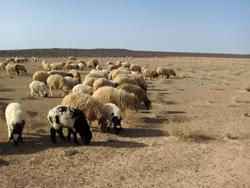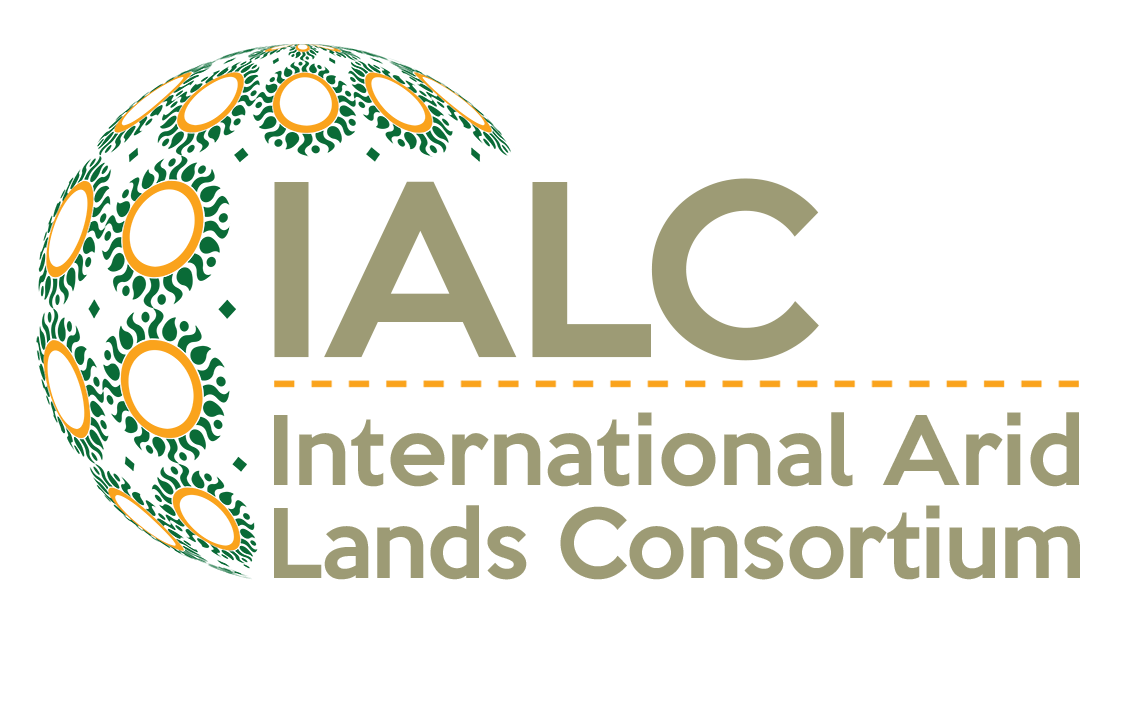Business Management and Marketing

The IALC has supported projects that promote growth in income and employment and emphasize environmentally sustainable techniques. In lesser-developed nations and in vulnerable arid regions, where livelihoods and security depend strongly on nature, improving well-being and social equality through economic growth is a priority.
Project Examples
-
Bedouin Ethnoecology, Range Science and Sustainable Pastoralism (2009)
University of Arizona, Badia Research & Development Centre (Jordan), University of Jordan
Timothy Finan (Principal Investigator)The Jordanian Bedouin have largely replaced dromedaries with trucks as their primary means of transport and have abandoned dromedaries in favor of sheep as livestock. A return to mixed species pastoralism would likely be more ecologically and economically sustainable. This project endeavors to document and assess indigenous knowledge in order to facilitate the reintroduction of dromedaries as a livestock species and for transport. Resulting mixed species operations are likely to a) enhance rangeland condition and productivity in Jordan’s Badia; b) be economically viable by integration with local and regional markets and demand for meat; c) be less vulnerable to disruption by externalities, in particular global oil shortages and ensuing fuel price prices.
-
Forest Systems for Wastewater Treatment and Economic Sustainability (1998)
New Mexico State University, Universidad Autonoma de Chihuahua (Mexico), National Institute for Forestry – Mexico
John Mexal (Principal Investigator)The U.S.-Mexican border region has experienced rapid population growth in the last 30 years, resulting in natural resource degradation and increasing threats to public health. This project, based in the small border community of Ojinaga, Chihuahua, Mexico, has demonstrated the low-cost treatment of municipal sewage effluent through the use of a wastewater land application system integrated with the production of fast-growing trees for fiber and energy. This project has also served as a catalyst for economic sustainability by exploring options for the growth and sale of pulpwood by area farmers on abandoned and marginal farmland.

